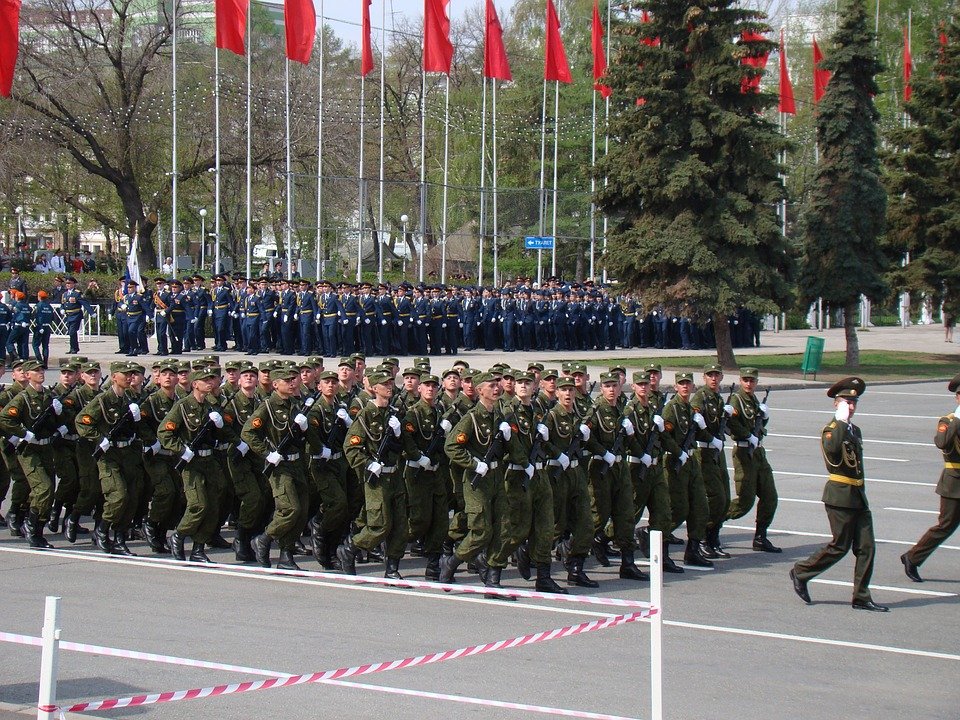(Russia Matters) In 2007, Russian President Vladimir Putin’s famous Munich speech took stock of what Russia considered the failure of the post-Cold War détente with the West, specifically NATO’s eastward expansion and a European security architecture that excluded Russia. Today, almost 12 years later, Moscow is more isolated from its Western counterparts than at any time since the early 1980s, but also the most active and visible on the non-Western international scene that it’s been since then. This is no accident: In the atmosphere of deteriorated trust with the West, Moscow has progressively built a dual strategy of isolation and “Reconquista”—seeing and portraying itself at once as beleaguered and newly triumphant, a beacon of hope for those disappointed with the U.S.-led world order. This dual strategy aims to buy time to cement Russia’s claims to great-power status, or at least to shift the global balance in that general direction, with a relatively well-assessed cost-benefit analysis: low cost for Moscow, but with effective power projection, and an overstretched U.S. already busy in so many other theaters. This strategy has clear disadvantages over the long term, but may be Russia’s best bet for the next five to 10 years. […]
Read More © Russia Matters










